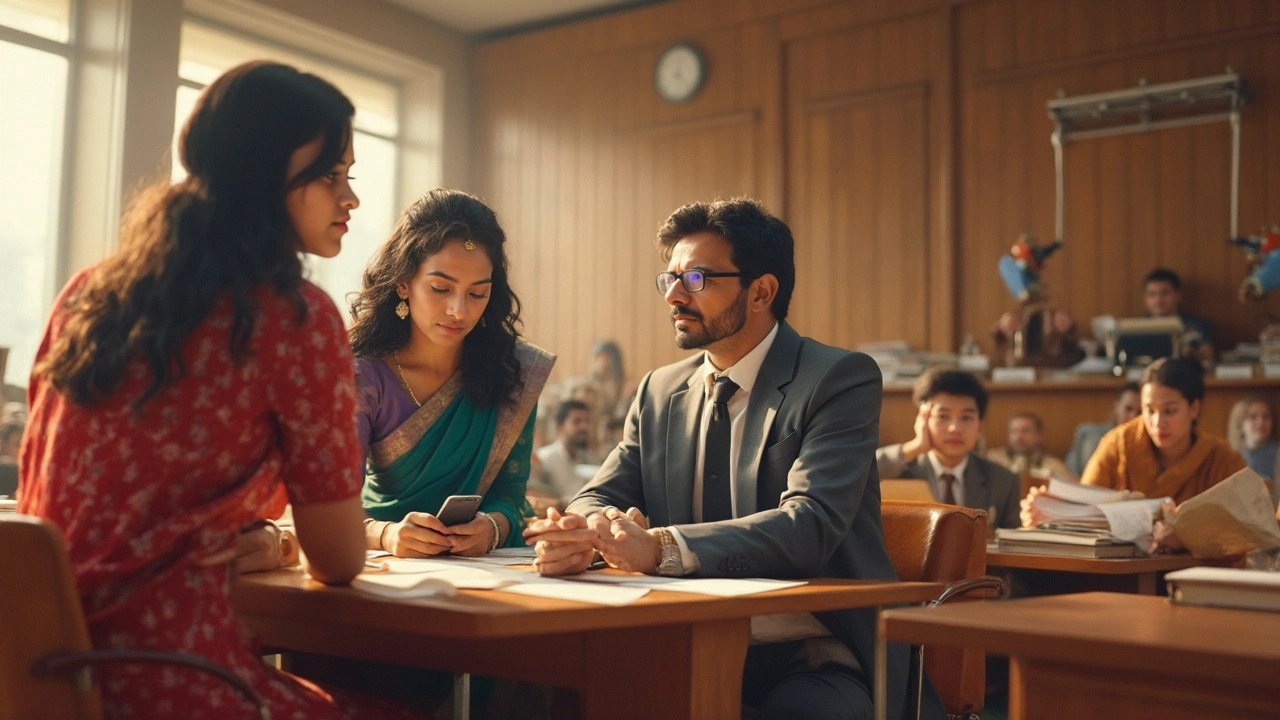Evidence in Court: What You Need to Win Your Case
When you walk into a courtroom, the judge and the other side will focus on one thing – proof. Without solid evidence, even a genuine claim can fall flat. This guide breaks down the basics of evidence in Indian courts, shares quick tips on collecting it, and points you to the best articles on the site.
Key Types of Evidence
Documentary evidence includes contracts, invoices, medical records, and any written proof that backs up your story. Always keep originals safe and make clear copies for the court.
Oral testimony comes from witnesses who saw or heard what happened. Make sure your witnesses are willing, understand the facts, and can answer simple, direct questions.
Physical evidence covers objects, photographs, videos, or anything you can put in a bag and show the judge. Label everything with dates and who handled it.
Electronic evidence is increasingly important – emails, text messages, social media posts, or GPS data can nail a timeline. Preserve the original files and note when they were created.
Practical Tips & Must‑Read Articles
Getting evidence isn’t just about collecting it; you need to present it in a way the court understands. Here are a few quick steps:
- Make a checklist of everything you need before you meet a lawyer.
- Organize documents chronologically; the judge loves a clear story.
- Ask each witness to write a short statement before the hearing – it helps avoid surprise.
- Store electronic files on a secure drive and note the backup date.
- Bring more copies than you think you’ll need – one for the judge, one for the opposing side, and one for yourself.
If you want deeper guidance, check out these articles on our site:
- What Evidence Do You Need to Prove Damages? – A step‑by‑step guide with checklists for civil and injury claims.
- How Civil Cases Are Proven: Evidence, Strategy, and Courtroom Tactics – Covers the overall approach to winning a civil case.
- How to Calculate Damages in a Lawsuit – Shows you how to turn numbers into solid proof.
- Physical Injury vs Personal Injury: Key Legal Differences Explained – Helps you choose the right claim type.
- Can an Employer Cut Your Salary in India? – Shows what paperwork you need for a wage‑related case.
Each article walks you through real‑world examples, sample documents, and common pitfalls. Skipping any of these steps can cost you time, money, or even the case.
Remember, the court isn’t looking for a novel; it wants a clear, credible picture of what happened. Keep your evidence tidy, authentic, and easy to follow, and you’ll give yourself the best shot at a favorable judgment.
Got a specific question about evidence? Use our search bar or browse the tag list – you’ll find answers tailored to Indian law, from personal injury to family disputes. Good luck, and stay organized!
Civil Case Process: What Really Happens in Court?
Ever wondered what goes on in a civil case? This article breaks down each step in plain language, from filing the lawsuit to what happens if things get settled or go to trial. Get simple tips to handle the twists and turns, avoid common slip-ups, and understand what evidence matters. Whether you're dealing with a landlord, a contract dispute, or someone's dog bit yours, get the facts you actually need.
